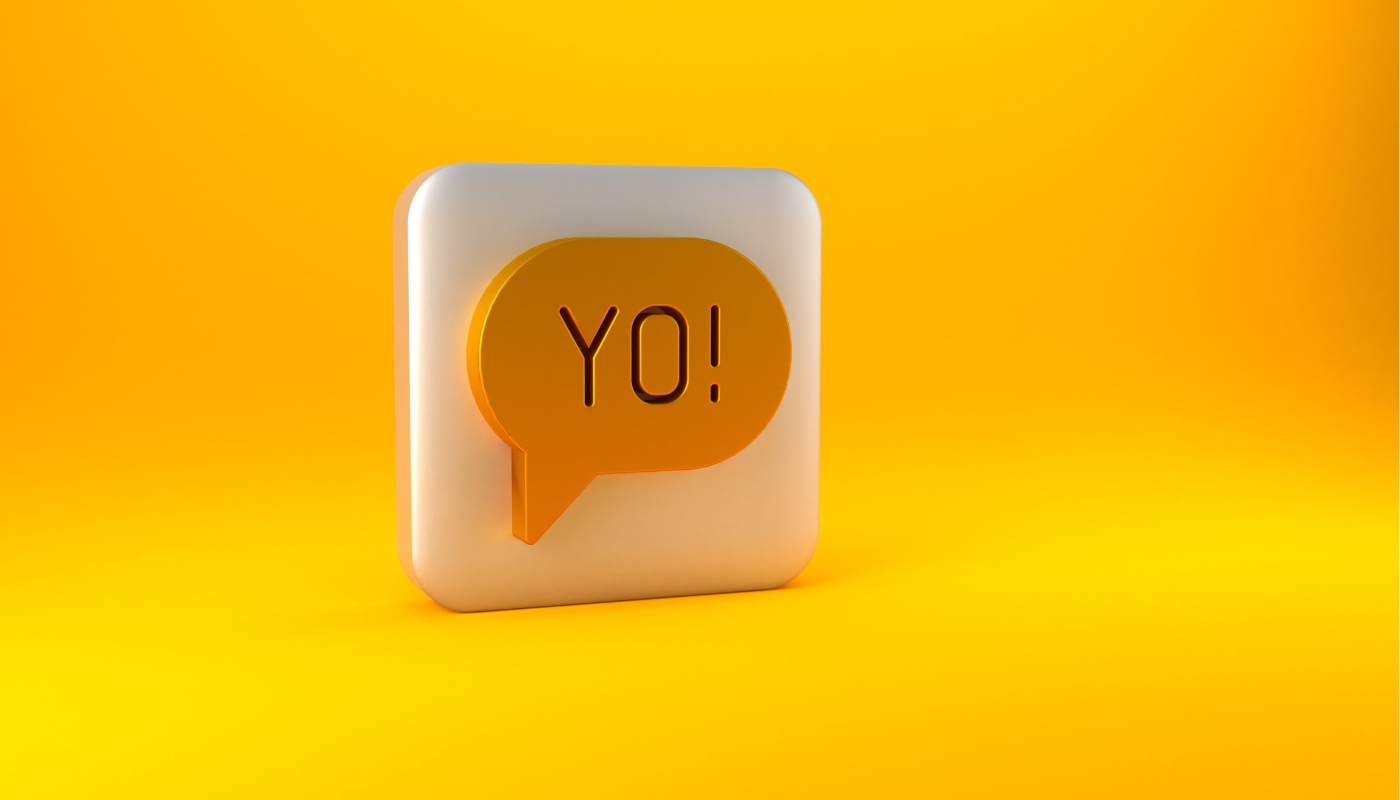Welcome to the Essential British Slang 2024 Guide! In this blog, we will explore the colourful and unique world of UK slang. Learning slang terms and using them in your conversations can help you improve your English speaking skills. The United Kingdom, with its rich history and vibrant culture, has a language of its own when it comes to slang. From the streets of London to the rolling hills of Scotland, slang is an essential part of everyday conversations, adding flair, humour, and a sense of identity to the English language.
Why is Slang so Prevalent in the UK?
British slang is prevalent in the UK because it helps foster a sense of identity and belonging. It allows people to connect and express themselves uniquely. Additionally, slang evolves quickly, reflecting the ever-changing culture and trends of British society.
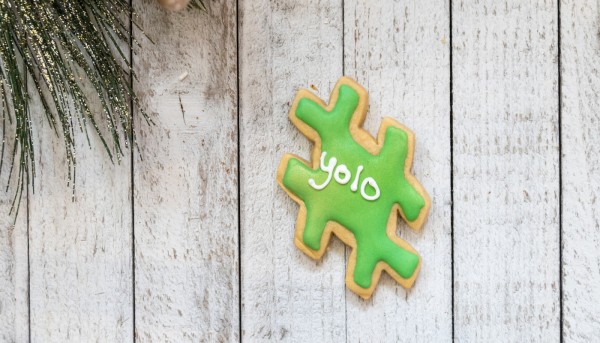
Learning English slang can help you improve your fluency!
Understanding the Uniqueness of British Slang
British slang is a fascinating aspect of British culture, reflecting the country’s history, social dynamics, and diverse regional identities. It adds a layer of meaning, familiarity, and playfulness to everyday conversations. It will also help to improve your English and sounding more fluent in your conversations.
With its roots in British English, slang words and expressions are often used to create a sense of belonging and connection within communities. Understanding and embracing English slang is not only a fun way to communicate, but it also allows you to immerse yourself in the culture and language of the United Kingdom.
The Evolution of British Slang: A Quick Look
British slang has evolved, adapting to societal changes, historical events, and the influence of popular culture. It has its roots in Old English words, but the slang we use today is far from what was spoken centuries ago. In the 19th century, the Industrial Revolution and the growth of cities gave rise to new words and expressions to describe the changing world.
With the rise of the internet and globalization, new words and phrases have entered the British lexicon. Words like “peng” (meaning attractive) and “innit” (short for isn’t it) have become popular among younger generations, blending multicultural influences with traditional English.
The Role of British Slang in English Language
British slang plays a significant role in the English language, adding vibrancy, creativity, and colloquialism to everyday speech. It is a way for people to express themselves, connect with others, and showcase their cultural identity. While slang terms may not be suitable for formal settings, they play a crucial role in informal conversations, allowing people to communicate in a more relaxed and relatable manner.
Slang words in British English often have specific connotations, conveying subtle nuances that can be challenging to capture with standard vocabulary. Understanding and incorporating slang into your everyday language enhances your fluency and cultural understanding, making conversations more engaging and authentic.
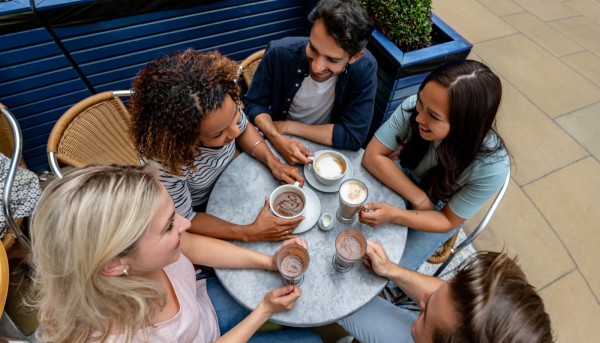
Build connections and have more authentic conversations with British Slang.
Essential British Slang for Daily Conversations
Now, let’s delve into some essential slang that you can use in your daily conversations to sound like a true Brit! Whether you’re chatting with friends, interacting with locals, or immersing yourself in British culture, these slang words and phrases will come in handy.
Common British Words and Their Meanings
- “Bloke” – a term for a man
- “Mug” – a fool or someone easily tricked
- “Innit” – short for “isn’t it,” used to seek agreement or confirmation
- “Quid” – slang for a pound (currency)
- “Cheers” – a versatile term meaning thank you, or expressing gratitude
- “Chuffed” – to feel pleased, often used in response to good news
- “Gutted” – to feel extremely disappointed or upset
How to Use Slang in Every-Day Conversation
Using British slang in everyday conversations can help you learn English in a fun way and help you connect with locals on a deeper level. Here are some tips to incorporate slang into your daily talks:
- Context is key: Pay attention to how the people around you use slang in different situations, and try to match their tone and vocabulary.
- Be confident: Don’t be afraid to use slang words, even if you’re not a native speaker. Brits appreciate the effort and will be happy to help if you make a mistake.
- Start with common slang words: Begin by learning some of the most common slang words and phrases that you can use in a variety of situations. Practice using them in everyday conversations to build your confidence.
- Use slang to express emotions: Slang words are great for expressing feelings and emotions more colourfully. Experiment with slang to convey excitement, disappointment, or amusement in your conversations.
- Embrace the culture: Slang is deeply connected to British culture, history, and regional identities. Take the time to learn about the stories and origins behind certain slang words and phrases, and embrace the cultural nuances they represent.
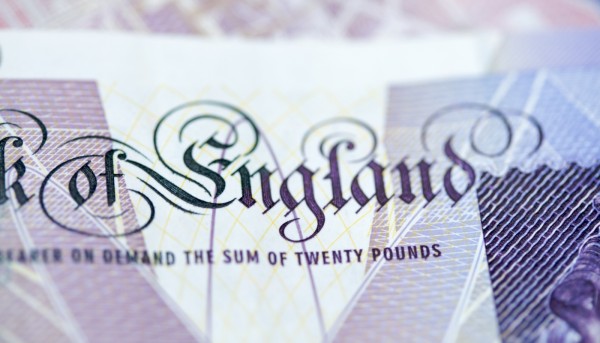
“Quid” = Money in British Slang. Here’s a picture of 20 quid!
Funny British Slang Words and Phrases
British slang is known for its humour and quirks. From “Quid” to “Gutted,” the language is filled with funny and unique expressions that add a touch of charm to everyday conversations. Here’s some funny slang that will surely bring a smile to your face!
Amusing British Phrases
- “Bob’s your uncle” – means “there you go” or “everything is sorted.” It originated from a time when nepotism was common in British politics, suggesting that if your uncle was Bob, you would have an easy time.
- “Load of tosh” – means “nonsense” or “rubbish.” This phrase is often used to dismiss something as untrue or without merit. So the next time someone tells you a far-fetched story, you can confidently respond with “That’s a load of tosh!”
- “Taking the mickey” – means to mock or tease.
- “On the piss” – means to go out and drink alcohol excessively. This phrase is commonly used to describe a night of heavy partying or bar-hopping. So if your friends ask you to join them for a night “on the piss,” you know it’s going to be a wild one!
- “Chuffed to bits” – means extremely pleased or proud. When something makes you genuinely happy or proud, you can use this phrase to express your excitement. For example, if your team wins a game, you can say, “I’m absolutely chuffed to bits!”
Funny British Words
- “Knackered” – “exhausted” or “tired.” It’s a fun way to describe feeling completely worn out after a long day.
- “Gobby” – someone who talks too much.
- “Chinwag” – a nice, long conversation with a good friend.
- “Muppet” – an insult, meaning stupid.
- “Moolah” – money.

Some UK slang can be quite amusing!
Navigating the Social Scene with Typical UK Slang
The British social scene is known for its lively parties, events, and rich cultural traditions. To fully immerse yourself in the atmosphere, it helps to understand some of the slang words and expressions commonly used in these settings.
British Slang for Socializing and Nightlife
- “Bung some dosh towards the bevvy” – asking for money to buy drinks
- “Bail” – to leave or depart from a party or event
- “Boozer” – slang term for a pub, where people gather to drink and socialize
- “The Local” – the pub nearest to where you live is commonly referred to as your/the local.
Slang Expressions for Describing Social Events
- “Knees-up” – a lively and enjoyable social gathering or party
- “Paint the town red” – to go out and have a great time, typically in a celebratory manner
- “Blinder” – to pull off an impressive feat or accomplishment, often in the context of a party or event
- “It’s a blast” – to describe something as exciting, enjoyable, or fun, not destructive
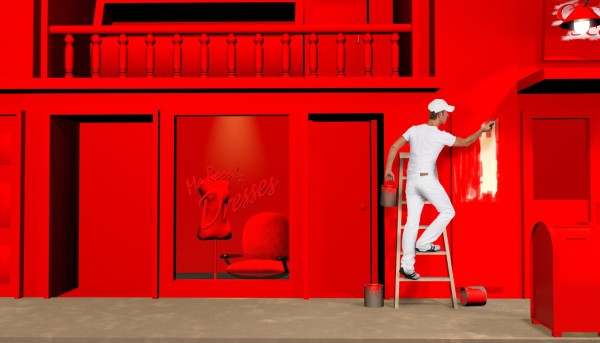
“Paint the town red” means to go out and party, not to actually paint anything red!
British Slang for Professional Environment
British slang is not only used in casual settings but also finds its way into professional environments, adding a touch of informality and camaraderie to the workplace.
Deciphering Office Lingo: Essential Slang for Work
- “Blue-sky thinking” – refers to thinking creatively or outside the box.
- “Hammering the phones” – making a lot of phone calls, not destroying them.
- “To nick” – to steal, not to cut oneself.
- “Pull a sickie” – to take an unauthorized day off by faking illness.
Common British Business Jargon and Slang
- “Kerfuffle” – commotion, confusion, or fuss in a business setting, not a hassle with a saw.
- “It’s in the diary” – it’s scheduled, not locked in a book.
- “On the back burner” – postponed or set aside for later, not literally put on a stove.
- “Shelve” – to set aside or postpone, not to place on a shelf.
- “Up to scratch” – meeting the required standard, not scratching anything.

Office slang is more formal than social slang.
British Slang for Sports, Leisure, and Outdoor Activities
Sports, leisure, and outdoor activities in the UK come with their own set of slang words and expressions. Understanding this slang will not only enhance your enjoyment of these activities but also help you connect with locals who share the same interests.
Understanding Sport Terminology: Slang for Sports
- “Barmy Army” – an enthusiastic group of sports fans, not a crazy military unit.
- “Back of the net!” – an exclamation of joy after a goal, not directions.
- “Slogger” – a powerful hitter in sports, not a lazy person.
- “Tough as old boots” – resilient, not old-fashioned footwear.
- “A game of two halves” – a situation of contrasting halves, not just in sports.
Slang for Leisure and Outdoor Activities in the UK
- “Legless” – extremely drunk, not without legs.
- “Faffing around” – wasting time or engaging in aimless activity, not performing a specific task.
- “Knees-up” – a fun and lively event, not knee exercises.
- “Potter” – to amble or move around casually, not to create ceramics.
- “Nosh” – slang term for food, not a sound made while eating.

“Barmy army” is a popular UK sports slang term.
Travel Like a Local: Slang for Travel and Transportation
To fully immerse yourself in the British experience, it’s essential to familiarize yourself with slang related to travel and transportation. Here are some terms to help you travel like a local in the UK.
Getting Around the UK: Essential Travel Slang
- “Gobsmacked” – astonished, not literally smacked in the mouth.
- “The loo” – British slang for the restroom, not a mysterious creature.
- “To potter around” – to move aimlessly or wander, not to create pottery.
- “To queue-jump” – to cut in line, not to perform a jumping exercise.
- “Rubbish bin” – a trash can, not a container for discarded words.

“Yolo” is a popular internet slang word, meaning You Only Live Once.
Are you going to use these popular British slang words?
British slang adds a touch of authenticity and playfulness to the English language. It reflects the rich cultural heritage and the unique sense of humour that the British people possess. From daily conversations to navigating social scenes, and even in professional environments, understanding and using British slang can enhance your experience and help you connect with locals on a deeper level.
So next time you find yourself in the UK or trying to improve your English, don’t be afraid to sprinkle some slang into your conversations and embrace the vibrant language of the Brits. Cheers!

